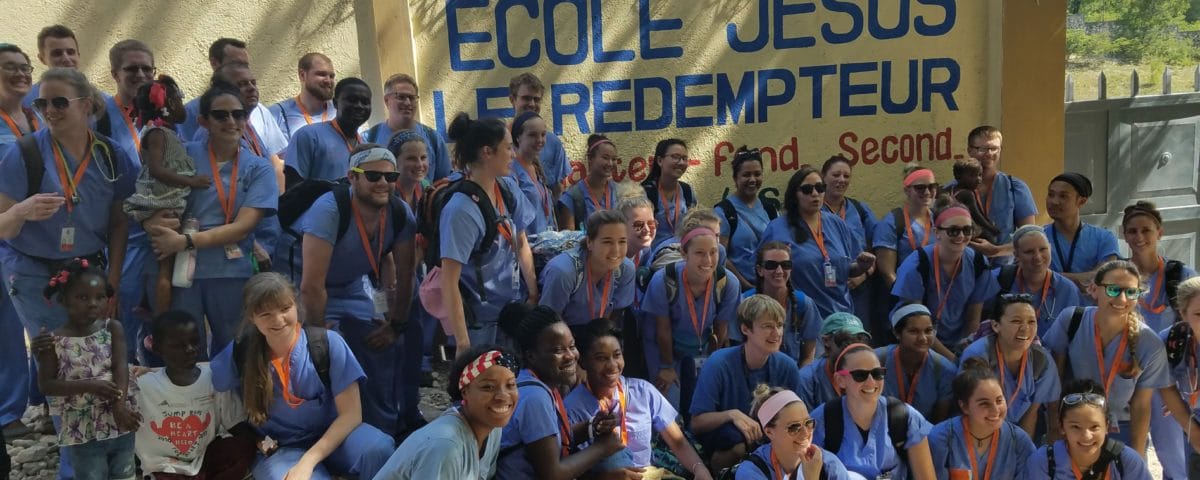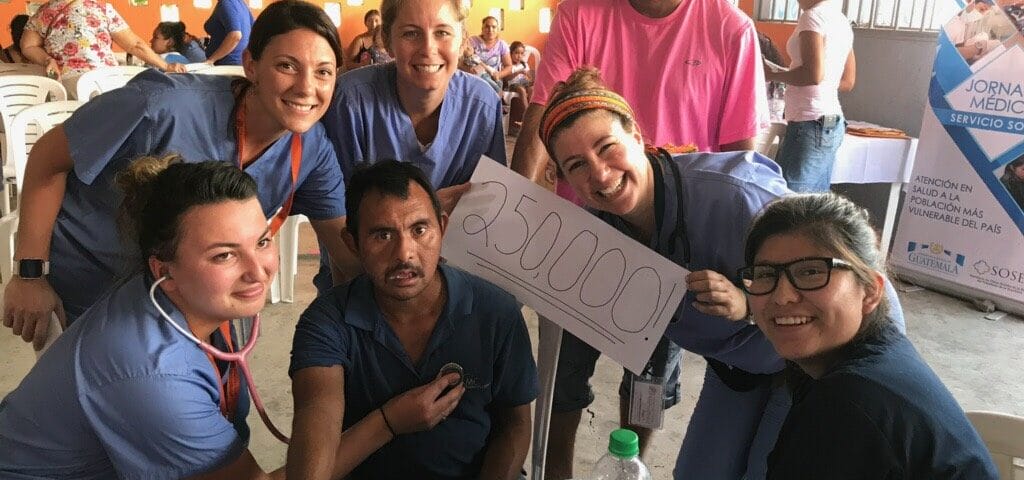Increasing the degree to which individuals and communities have the capacity to obtain, process and understand the basic health information and services needed to make appropriate health decisions is imperative.
People need to acquire the knowledge, skills and information to make healthy choices, for example, the food they eat and the healthcare services they will need. They need to have opportunities to make those choices. We provide a roadmap to a healthier tomorrow by empowering those we serve to be informed and be a true partner in their healthcare.
Our patient populations are unique. Public health research has shown that people in transition, such as pregnant women, women who have just given birth, people who have just retired from a job, or are moving their homes after a disaster, where things are different for them in their everyday life, are among the most receptive for health education.
IMR takes care and education to those most vulnerable. By being a mobile medical and education unit, we are able to reach populations that otherwise have limited or no access to care within local healthcare infrastructure.
Community health education is among the most important things that we do.



